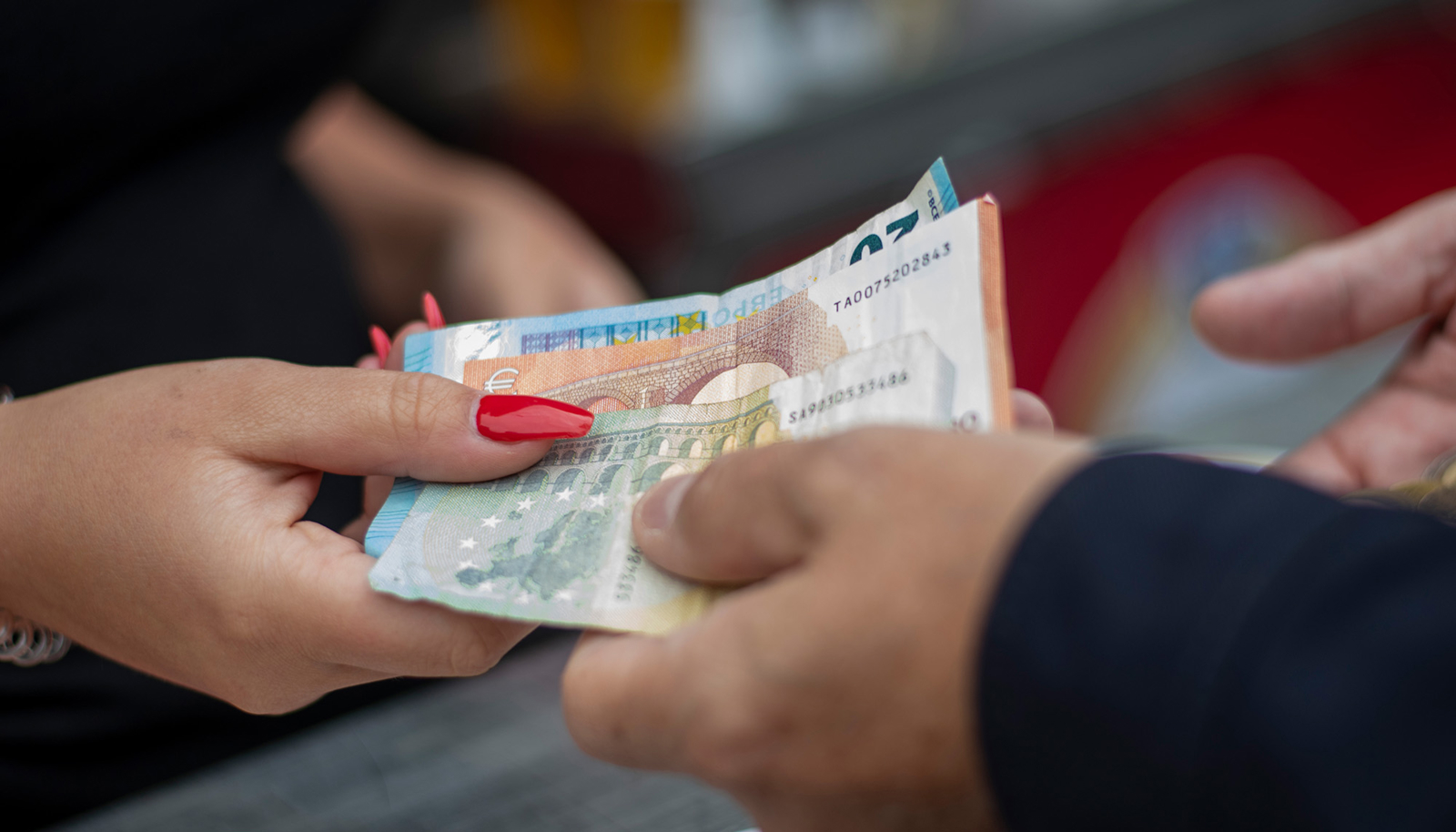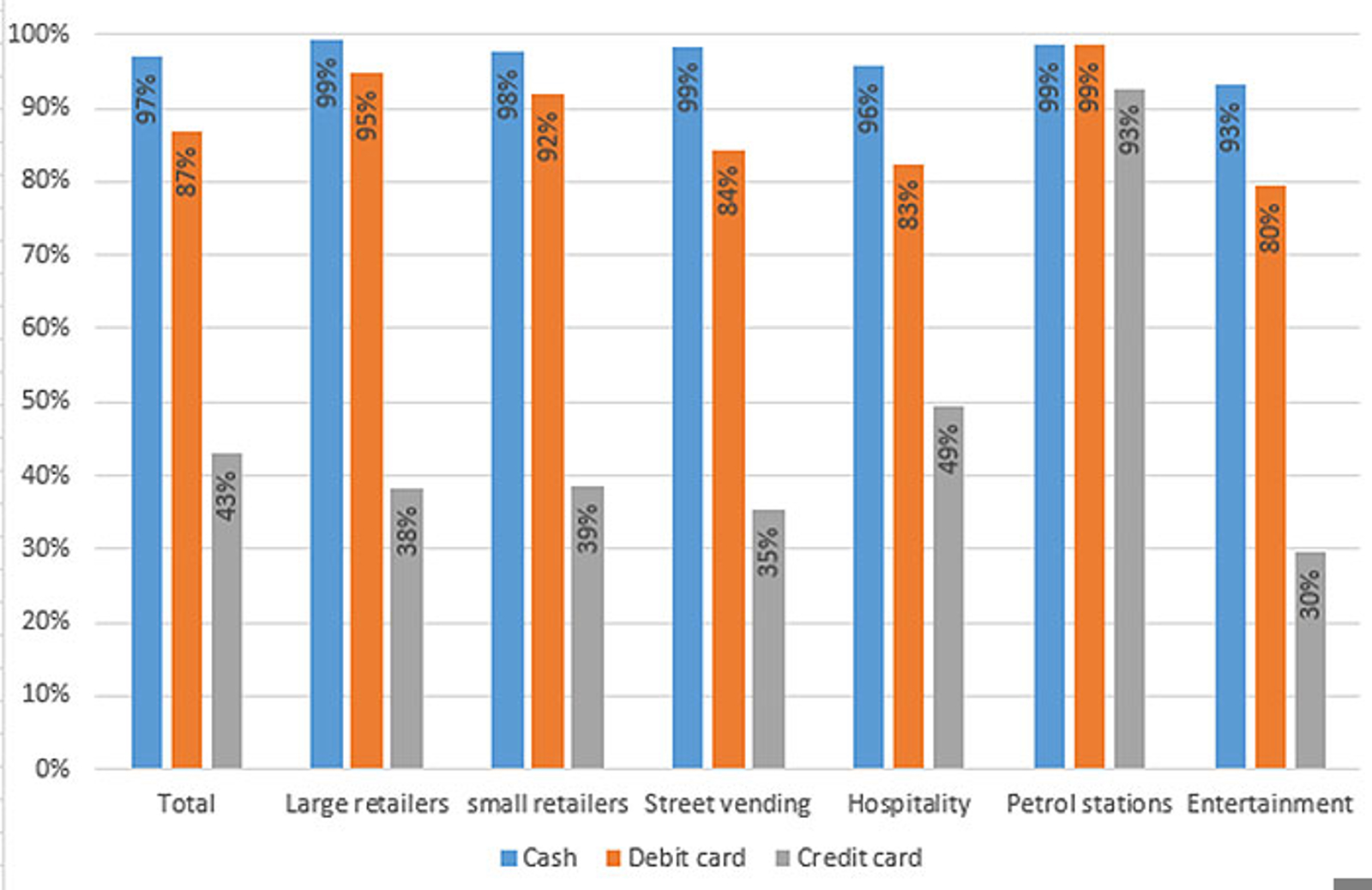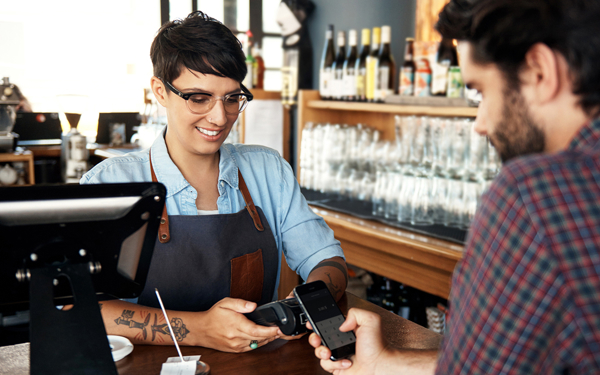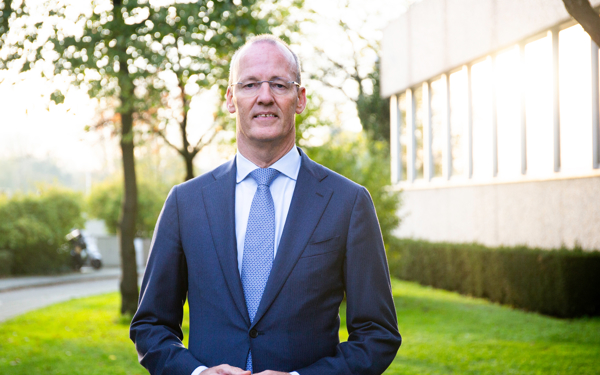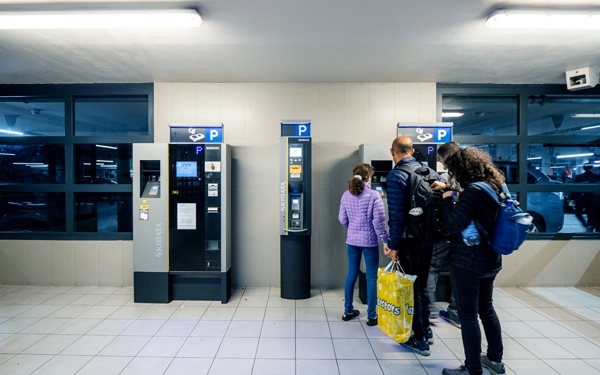A similar study into retail payments in Amsterdam shows that at 93%, acceptance of cash payments by retailers is below the national average. In the hospitality and entertainment industries in particular (89% and 90%, respectively), cash payments are no longer generally accepted. Amsterdam retailers cite security as a motive for switching to cashless operations more often than retailers at a national level. At 69%, their level of credit card acceptance is also higher than the national average (43%). This may be due to the payment preferences of tourists. The study found no significant difference between Amsterdam and the rest of the Netherlands in terms of debit card acceptance.
The study zoomed in specifically on the pharmacy sector. In March 2019, the Dutch House of Representatives adopted the stance that cash should always be accepted in this sector, since medicines qualify as necessity goods. A sample showed that cash acceptance at pharmacies is 94%. Most pharmacies will still accept cash from customers who do not carry a card, or send them a bill.
Card-only - trend or incident?
A survey conducted as part of a 2015 DNB study showed that cash acceptance by retailers at that time amounted to 100%. This means 3% of retailers now no longer accept cash. Retailers were asked to assess the likelihood of no longer accepting cash within the next five years.14% of retailers in the Netherlands as a whole, and 19% of retailers in Amsterdam, said this likelihood was 50% or higher (see Table 1). In the hospitality and entertainment industries these percentages were significantly higher. In Amsterdam they were 25% and 33% respectively. Based on these figures, acceptance of cash is set to decline further in the years ahead.
Table 1: Likelihood of switching to non-cash operations within the next five years
| Probability |
National (n=1.035) |
Amsterdam (n=788) |
| 0% |
63% |
60% |
| 1%-49% |
17% |
13% |
| 50% |
6% |
9% |
| 51%-95% |
5% |
6% |
| 100% |
3% |
4% |
| Don't know |
6% |
8% |
Not all municipalities accept cash
Some years ago, the Accessibility Monitor of the National Forum on the Payment System (NFPS) found that an increasing number of municipalities were pursuing a debit card-only policy. The NFPS expressed its discontent with this situation in 2015. Municipalities have a monopoly position, and consumers applying for a passport, for example, cannot simply go to another provider if they wish to pay for it in cash. A survey of municipality websites in October 2019 showed that the majority of all 355 municipalities accept both cash and debit card payments. However, cash payments are not accepted in 26 municipalities, serving 9% of the Dutch population. The websites of these municipalities state for example that all payments must be made by card. Four municipalities allow cash payments, but apply a no-change policy. This is an undesirable situation, since municipalities should adopt an inclusive policy instead of restricting their citizens’ right to pay in cash.




